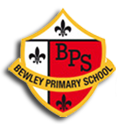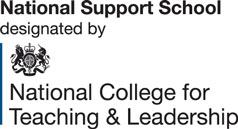Science
The National Curriculum states that, ‘A high quality science education provides the foundations for understanding the world through the specific disciplines of biology, chemistry and physics. Science has changed our lives and it is vital to the world’s future prosperity. And pupils should be taught essential aspects of the knowledge, methods, processes and uses of science.’ National Curriculum, updated 6th May 2015, Department for Education.
Intent
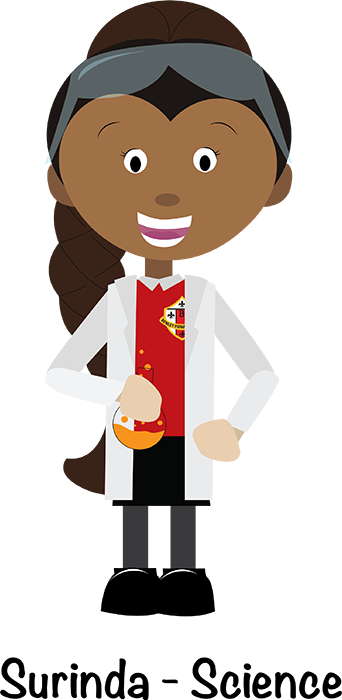
At Bewley Primary School, we aim to deliver a broad and balanced science curriculum that focuses on each discipline of biology, chemistry and physics through the acquisition of knowledge, concepts and skills.
We intend to:
- develop and foster a love of learning towards science developing children’s sense of excitement and curiosity about the world in which they live.
- Highlight the importance of science by making links between the impact that science has had on the past and its importance in the children’s futures.
- raise aspirations and inspire all of our children to become confident, motivated and independent learners who are eager to continue studying science in their further education and ultimately seek out STEM based careers.
- diminish all stereotypes by offering children the opportunity to learn about real-life scientists and promoting equality.
- embed scientific knowledge so that children have a secure understanding of key concepts whilst being immersed in rich scientific vocabulary allowing them to successfully progress onto the next stage of their learning.
- provide real-life contexts both indoors and outdoors to develop children’s working scientifically skills whilst being active participants in the 5 lines of enquiry; observing over time, pattern seeking, comparative and fair testing, researching using secondary sources and identifying, classifying & grouping.
Support all children in reaching their maximum potential.
Implementation
Early Years Foundation Stage
We begin to foster natural curiosity, enquiry and observational skills within our Foundation Stage. Children are encouraged to explore their setting, both indoors and outdoors, which is well- planned and resourced allowing opportunities to develop early key skills in science. Teachers carefully plan lessons that introduce simple concepts from each discipline of Physics, biology, chemistry and working scientifically. This allows children to confidently transition to the next Key Stage of their scientific learning. Scientific vocabulary is introduced, displayed and revisited regularly so that children are able to successfully use and understand these key terms. Children are exposed to a range of fiction and non-fiction science books that contain scientists from under- represented groups. Science in the Early Years is enriched through science workshops, visitors and annual school trips. Children are observed frequently and their progress is logged through the use of Tapestry, our online learning journal.
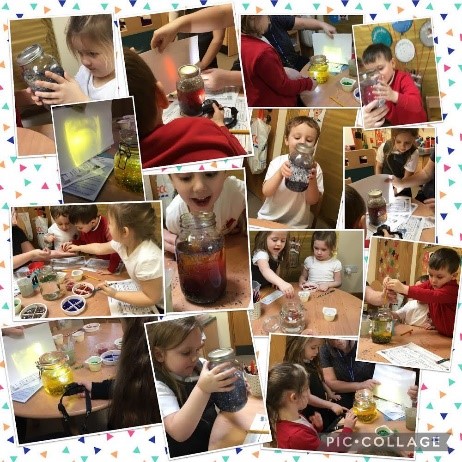
Key stages 1 & 2
The science curriculum in KS1 and KS2 has been carefully mapped out and sequenced to ensure a logical progression and to maximise key knowledge and concepts across the disciplines of Biology, Physics, Chemistry and Working Scientifically. Science is taught discreetly with links being made to topic work where possible so that learning becomes more meaningful and relevant. All year groups promote hands-on science lessons where the children are active learners and science is taught in a creative manner. All science topics begin with a ‘What do I already know?’ question which allows prior learning to be identified and any misconceptions to be addressed before commencing the new unit of learning. Prior key knowledge and concepts are revisited regularly so that knowledge becomes embedded and links can easily be made. Children’s voice is encouraged with children posing their own lines of enquiry about each topic. These questions are displayed both in the science books and on the classroom’s science working wall display and will be referred to throughout the unit of learning. Key vocabulary is introduced, displayed and recapped throughout both the topic and cross curricular links made wherever possible.
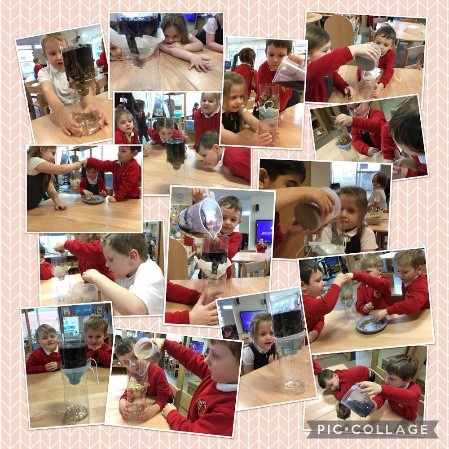
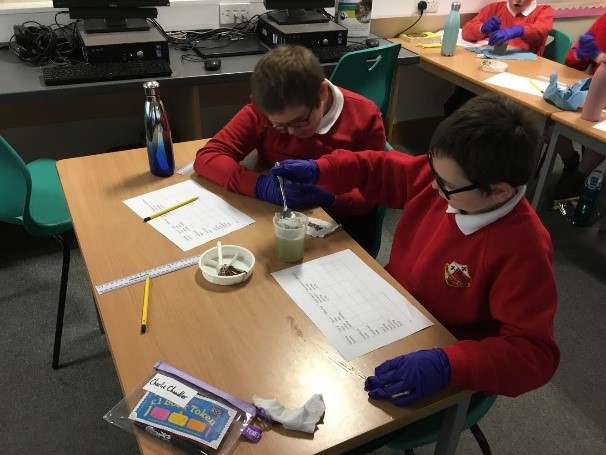
At Bewley, we aim to introduce the children to real life scientists and allocate scientific roles during lessons allowing for links to STEM careers to be promoted and aspirations raised. We are committed to using under-represented groups when introducing scientists to diminish stereotypes.
Children are encouraged to become active learners and independence is developed as the children progress throughout the Key Stages. Children work in pairs or small groups to develop their collaboration, communication and negotiation skills whilst also applying and honing their enquiry skills ; observing, questioning, critical thinking, classifying, grouping, pattern seeking and researching.
At the end of each unit of work, children are asked to complete a task to demonstrate their learning. These are then shared with the class and reviewed. Teachers continuously use observations and questioning skills to allow for formative assessment, this ensures that children’s needs can be met and next steps planned for all children. Progress is tracked and monitored to enable any gaps in knowledge and skills to be quickly identified and addressed.
Enriching the curriculum
At Bewley Primary, we utilise our Forest School area and take Science outdoors whenever relevant. We also aim to enrich our science curriculum and have offered the following over the past year:
- educational trips- Big Bang Fair, Farm visits.
- inviting visitors from STEM backgrounds into school and having STEM workshops for our upper KS2 children.
- Parents who are engineers coming into school to discuss their careers.
- Provide an after school Science club for KS1.
- Children Challenging Industry for Year 6.
- STEM ambassadors, Buddy and Mentor scheme for Yr5 and Yr6.
- We also have weekly KS1 Forest School sessions delivered from SCOUTED where exploring, engaging and respecting the natural environment is key.
- Annual science weeks.
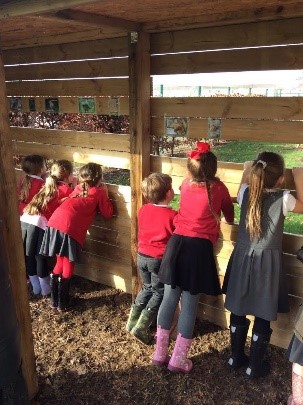
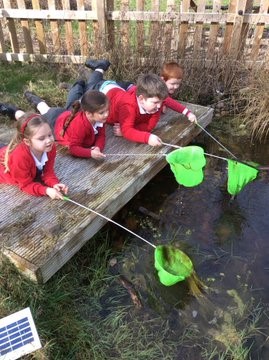
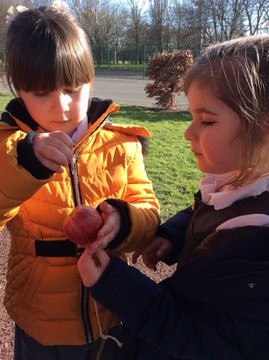
Impact
Bright- Through the use of a carefully sequenced progression of skills map, children are able to confidently recall key concepts and make links to real-life contexts. Knowledge is soundly embedded and enquiry skills are thoroughly developed. Children confidently use a wide range of scientific vocabulary to describe ideas, objects and phenomena.
Children are aware of real life scientists and appreciate the importance and the impact that these scientists have on our everyday lives -past, present and future. Children are inspired to become scientists.
Proud- Children are independent, confident, motivated and engaged learners in science and they become independent learners selecting methods, resources and recording techniques. Children are able to observe, question, explain, investigate and work collaboratively. Children are able to talk knowledgeably about science content and are able to support others. They are proud to display their work in science books and wall displays.
Successful- Standards in science at the end of each Key Stage are good with most children reaching age related expectations. Children have positive attitudes towards science and show great enthusiasm towards the subject. They value the importance of scientific knowledge and skills and they are aware that science features heavily in our everyday lives. Children are aware of the many varied occupations that involve science and are keen to follow that path in later education.
Useful Website links for parents to access:
KS1 Science – England – BBC Bitesize short videos and games to support learning in all areas of the KS1 curriculum.
Home | WowScience – Science games and activities for kids a fantastic website with links to learning. Includes games, activities and videos for all topics within the Science curriculum.
Search all secondary resources | STEM a free sign up to access a wide range of materials to support scientific learning. This link takes you directly to fairy tale themed science activities.
Science (weebly.com) a wide variety of games to support learning in all areas of the Science National Curriculum.
NASA- Earth and Space – StarChild: A Learning Center for Young Astronomers (nasa.gov)
Topmarks Science- Science – Topmarks Search a wide selection of interactive games to support science learning.
Explorify (wellcome.ac.uk)– a free sign-up to access a wide variety of activities that promote scientific thinking and develop science skills.
10 Easy & Cool Science Experiments for Kids | Day Out With The Kids fun science experiments that you can try out at home.
Easy Ideas for Science at Home – Science Sparks (science-sparks.com) fun science activities to try out at home.
Science Fun at Home | Primary Science Teaching Trust (pstt.org.uk)
Activities | Muddy Faces Forest school science ideas Wild Activities — Wildlife Trust’s Forest School Project (wildforestschool.org.uk) Forest school ideas
